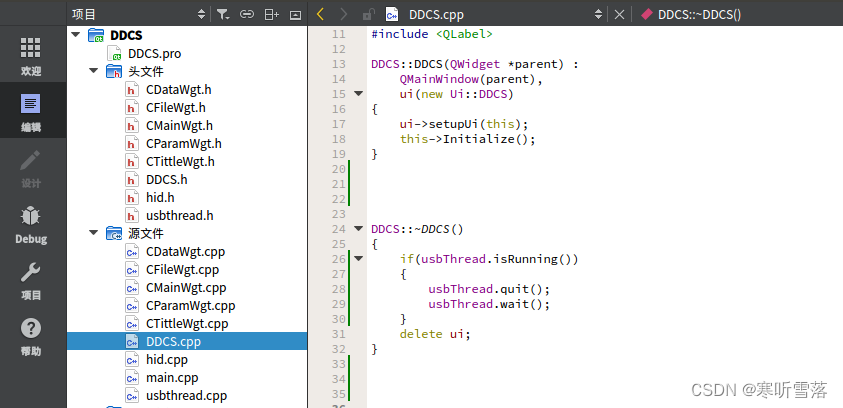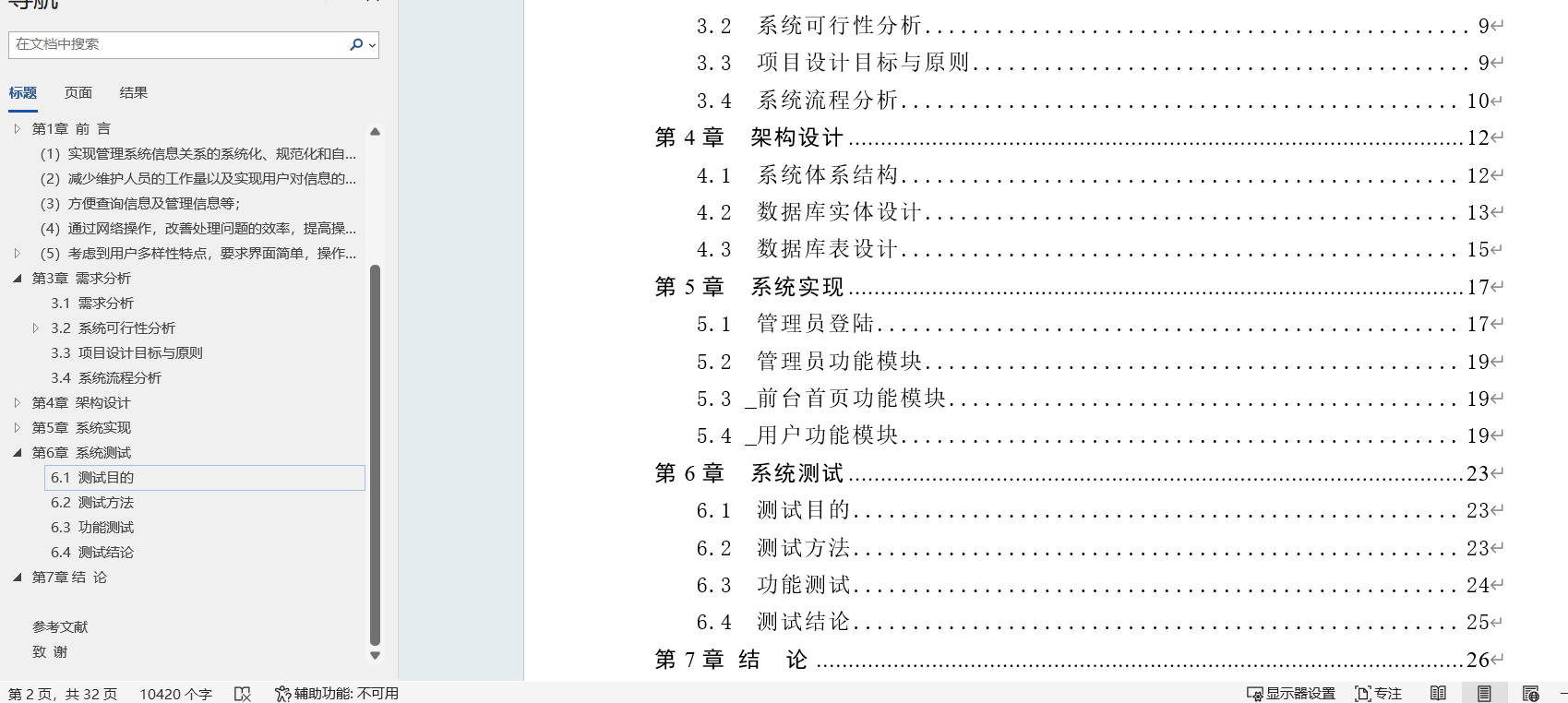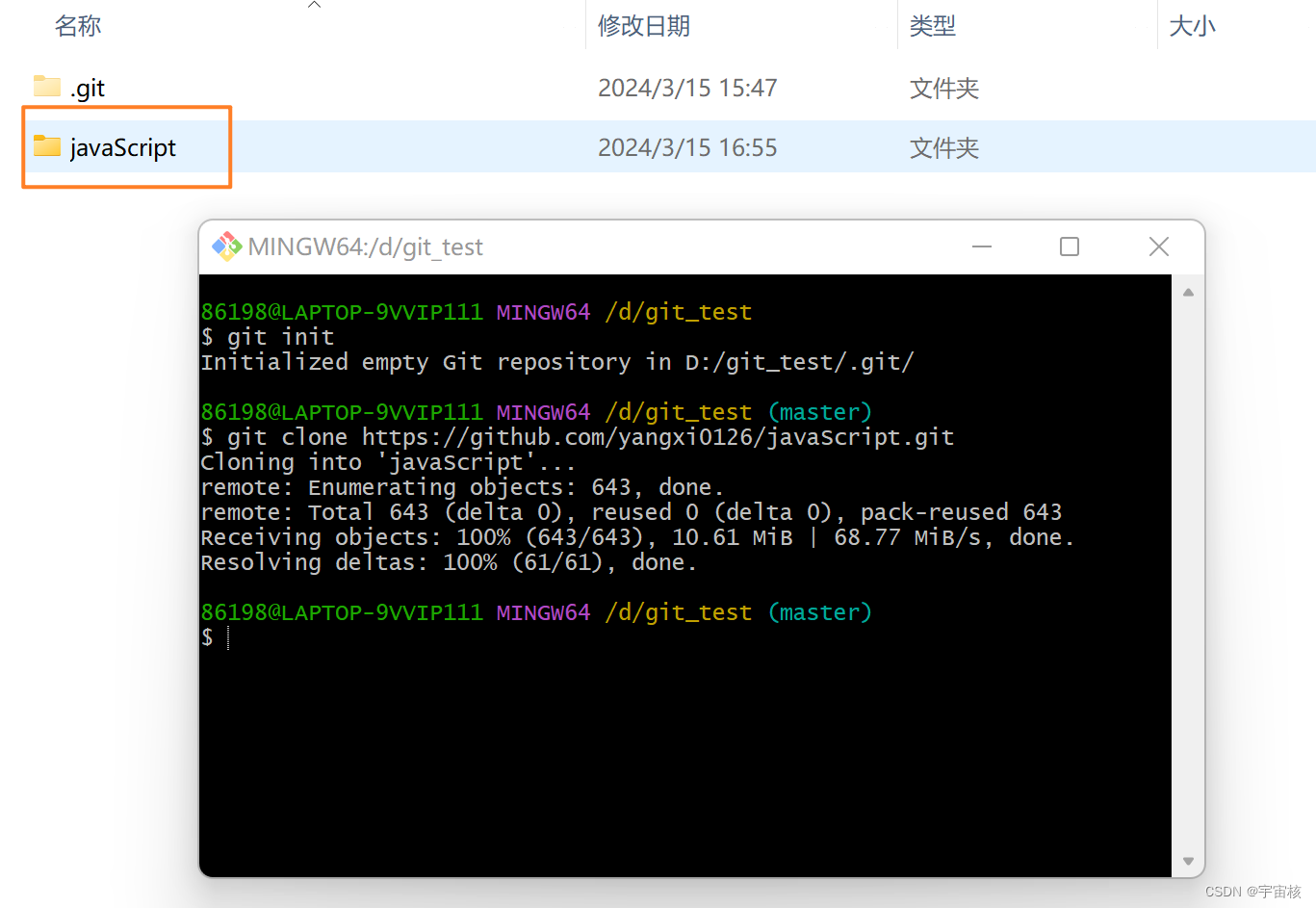(C++20) jthread中stop_token的基础使用
文章目录
- (C++20) jthread中stop_token的基础使用
- C++20 jthread
- 使用方式
- 循环判断
- 条件变量condition_variable_any
- stop回调 std::stop_callback
- END
C++20 jthread
std::jthread - cppreference.com
std::stop_token - cppreference.com
std::stop_source - cppreference.com
在C++20中推出了jthread。其两个核心功能是:
- 自动合并joining thread
- 线程取消stop token
下面有两个重点:
在std::jthread中有request_stop()操作能够原子的将关联的std::stop_source停止标志进行切换。
而std::stop_token是对于关联的std::stop_source视图。
这里辅助打印使用一个基于RAII的技巧:
视频讲解:【细莲】(C++) 基于RAII的多线程类原子输出_哔哩哔哩_bilibili
class Writer {
std::ostringstream buffer;
public:
Writer() {
buffer << std::this_thread::get_id();
}
~Writer() {
std::cout << buffer.str();
}
Writer& operator<<(auto input) {
buffer << input;
return *this;
}
};
使用方式
循环判断
最普通的方式就是循环判断。这对于常见的线程封装来说很常见。
std::jthread能够接受一个第一个参数为std::stop_token stoken的函数。该sstoken与线程对象绑定。
#include <chrono>
#include <iostream>
#include <sstream>
#include <thread>
class Writer {
std::ostringstream buffer;
public:
Writer() {
buffer << std::this_thread::get_id();
}
~Writer() {
std::cout << buffer.str();
}
Writer& operator<<(auto input) {
buffer << input;
return *this;
}
};
void fun_jth_pass(std::stop_token stoken, long secCnt) {
Writer() << "Test While Start" << '\n';
// 直到请求停止
do {
std::this_thread::sleep_for(std::chrono::milliseconds(secCnt));
Writer() << "Test While Running" << '\n';
} while (!stoken.stop_requested());
Writer() << "Test While End" << '\n';
}
int main() {
std::cout << std::boolalpha;
Writer() << ">>>Main Start\n";
/**
* 可以手动显示操作
* 显示的请求结束和join
*/
{
std::jthread jth_pass(fun_jth_pass, 300);
std::this_thread::sleep_for(std::chrono::seconds(1));
if (jth_pass.joinable()) {
Writer() << "request_stop() = " << jth_pass.request_stop() << '\n';
jth_pass.join();
}
}
Writer() << ">>>Main End\n";
}
11124>>>Main Start
20148Test While Start
20148Test While Running
20148Test While Running
20148Test While Running
11124request_stop() = 1
20148Test While Running
20148Test While End
11124>>>Main End
条件变量condition_variable_any
在多线程中单单使用循环判断一个标志是效率比较低的。如果能将一个线程进行挂起那CPU的效果会提升很多。
这里就需要介绍std::condition_variable_any。
这里的wait()第二个参数就是std::stop_token,当外部停止请求stoken停止时,会自动唤醒cv_any。
template< class Lock, class Predicate >
bool wait( Lock& lock, std::stop_token stoken, Predicate pred );
#include <chrono>
#include <condition_variable>
#include <iostream>
#include <mutex>
#include <sstream>
#include <thread>
class Writer {
std::ostringstream buffer;
public:
Writer() {
buffer << std::this_thread::get_id();
}
~Writer() {
std::cout << buffer.str();
}
Writer& operator<<(auto input) {
buffer << input;
return *this;
}
};
void fun_jth_cv_any(std::stop_token stoken) {
std::mutex mutex;
std::unique_lock lock(mutex);
// `cv_any::wait`有`std::stop_token`的重载
// `stoken`停止时,会自动唤醒`cv_any`
std::condition_variable_any().wait(lock, stoken, [] {
Writer() << "Test condition_variable_any::wait() Running" << '\n';
return false;
});
Writer() << "Test condition_variable_any::wait() End" << '\n';
}
int main() {
std::cout << std::boolalpha;
Writer() << ">>>Main Start\n";
/**
* 基于RAII会自动停止stoken和进行join
*/
{
std::jthread jth_cv_any(fun_jth_cv_any);
std::this_thread::sleep_for(std::chrono::seconds(1));
}
Writer() << ">>>Main End\n";
}
20416>>>Main Start
19876Test condition_variable_any::wait() Running
19876Test condition_variable_any::wait() Running
19876Test condition_variable_any::wait() Running
19876Test condition_variable_any::wait() End
20416>>>Main End
stop回调 std::stop_callback
可以对stop_token对象注册一个监控停止的回调。
当外部请求停止request_stop()时。会自动调用注册的callback。
其中回调函数的声明周期,跟随回调对象。
template< class Callback >
class stop_callback;
template<class C>
explicit stop_callback( std::stop_token&& st, C&& cb ) noexcept(/*see below*/);
template<class C>
explicit stop_callback( const std::stop_token& st, C&& cb ) noexcept(/*see below*/);
#include <chrono>
#include <iostream>
#include <sstream>
#include <thread>
class Writer {
std::ostringstream buffer;
public:
Writer() {
buffer << std::this_thread::get_id();
}
~Writer() {
std::cout << buffer.str();
}
Writer& operator<<(auto input) {
buffer << input;
return *this;
}
};
void fun(std::stop_token stoken) {
Writer() << "Start worker thread\n";
while (!stoken.stop_requested()) {
Writer() << "is sleeping and need stop\n";
std::this_thread::sleep_for(std::chrono::seconds(1));
}
Writer() << "End worker thread\n";
}
int main() {
Writer() << ">>>Main End\n";
{
std::jthread jth(fun);
std::stop_callback callback(jth.get_stop_token(),
[] { Writer() << "$$$Stop callback executed\n"; });
std::this_thread::sleep_for(std::chrono::seconds(3));
Writer() << ">>>Main before request\n";
jth.request_stop();
Writer() << ">>>Main after request\n";
}
Writer() << ">>>Main End\n";
}
19312>>>Main End
6856Start worker thread
6856is sleeping and need stop
6856is sleeping and need stop
6856is sleeping and need stop
19312>>>Main before request
6856is sleeping and need stop
19312$$$Stop callback executed
19312>>>Main after request
6856End worker thread
19312>>>Main End
END
关注我,学习更多C/C++,算法,计算机知识



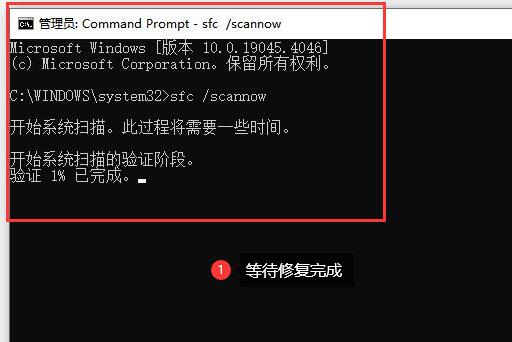

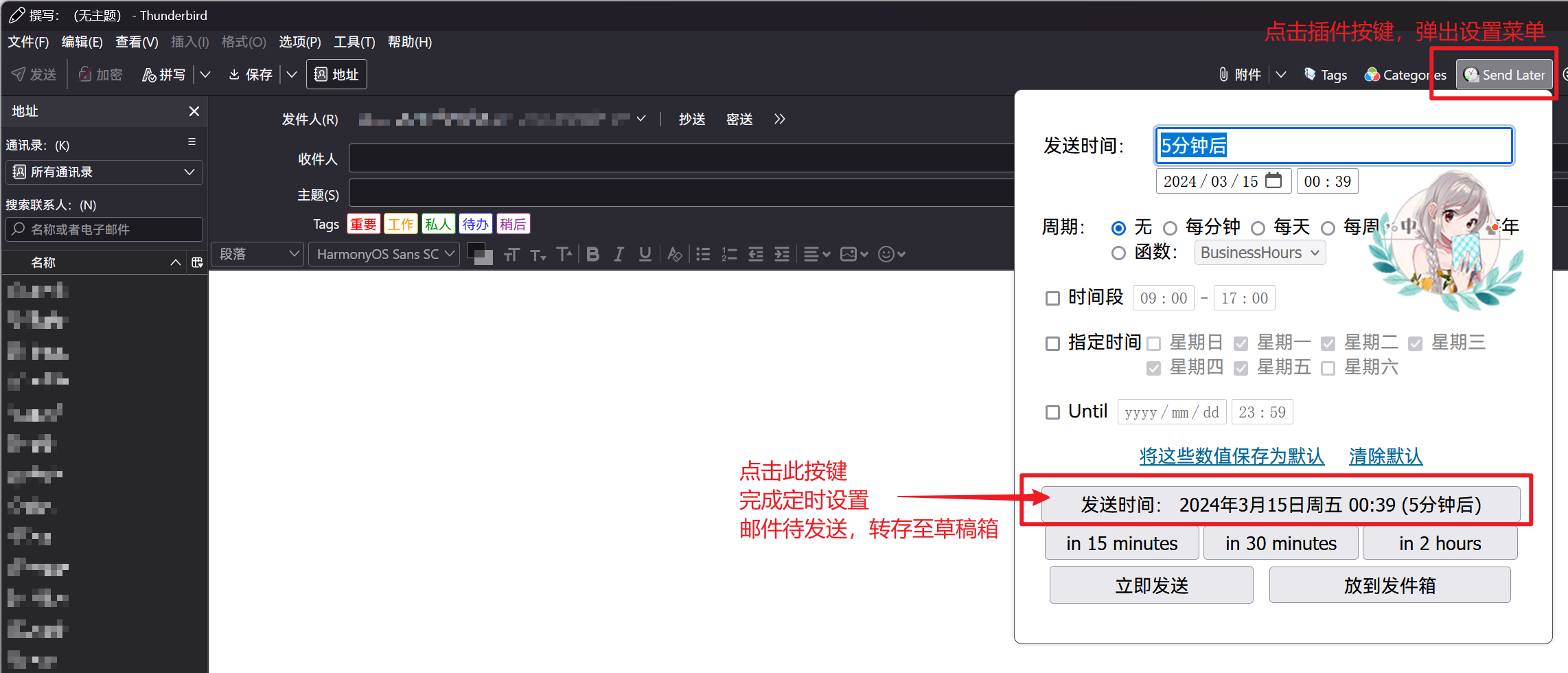

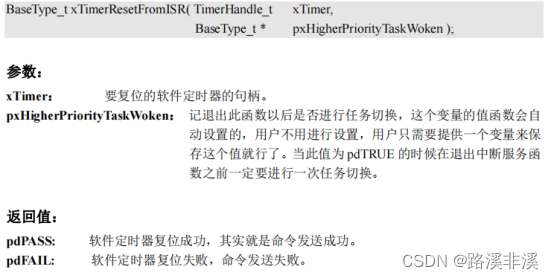
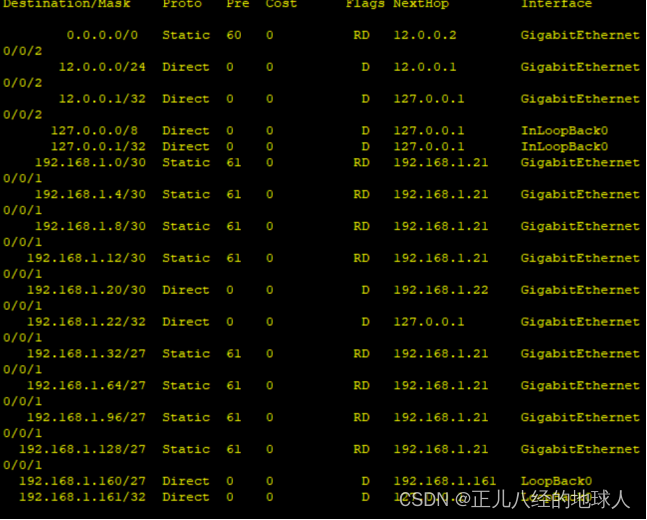

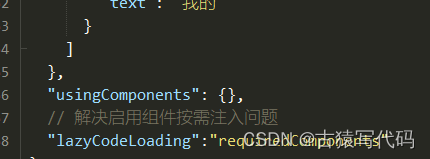
![[HackMyVM] Quick](https://img-blog.csdnimg.cn/direct/6c324b3fe0d343f3bb8aad1d2f86219d.png)
